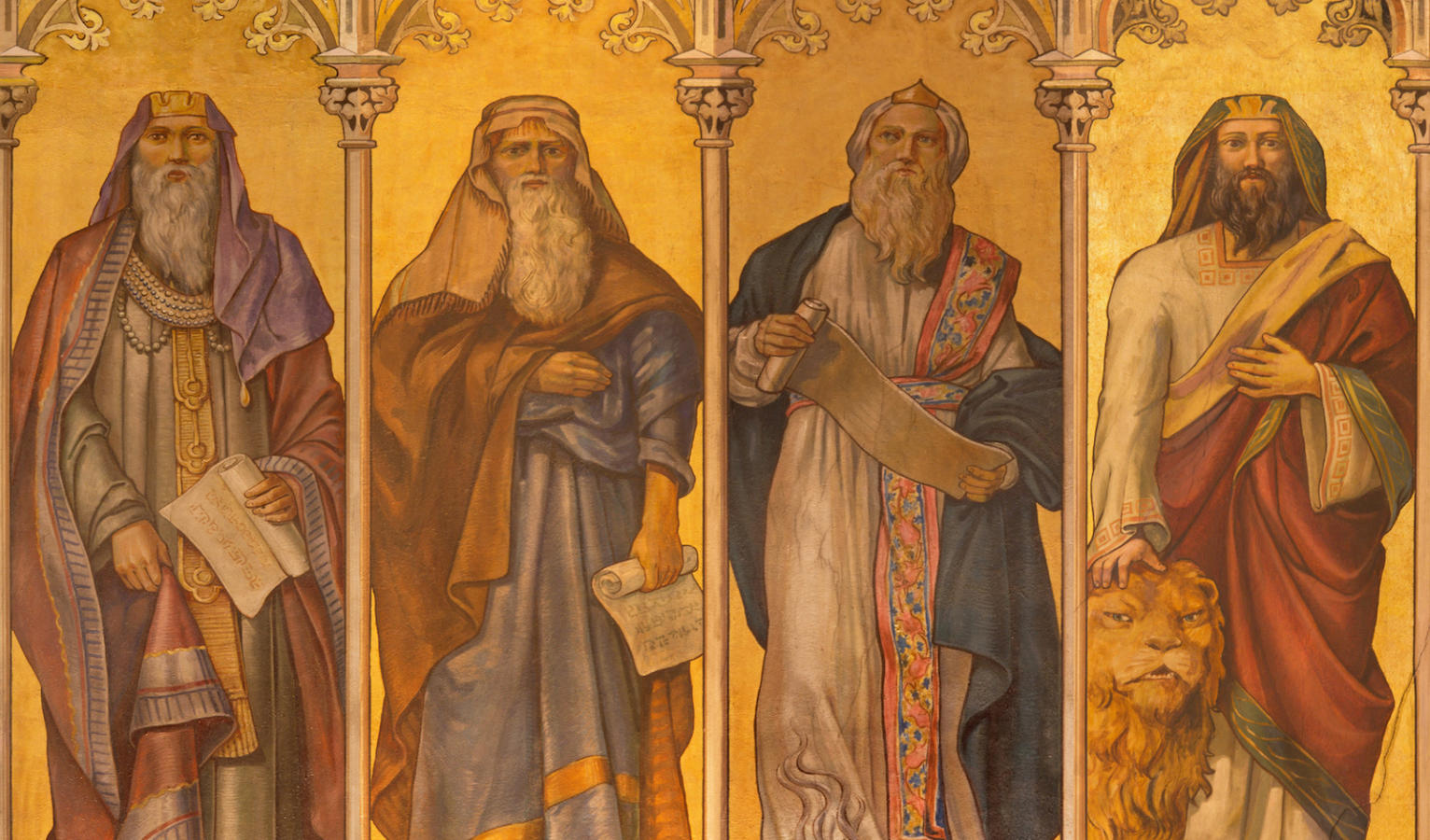Commentary on Parashat Behar, Leviticus 25:1-26:2
The Haftarah selection is from Jeremiah 32:6-27.
Parashat Behar deals with many laws related to land possession and inheritance. In the haftarah for Behar, we read about how one of these laws affects the prophet Jeremiah and his family.
At the opening of the haftarah, Jeremiah is sitting in prison. King Zedekiah of Judah had incarcerated him for prophesying that the Babylonians would prevail over the Judeans and send Zedekiah into exile. Zedekiah became king of Judea in 597 BCE. His reign ended in 586 BCE, with the destruction and exile of his kingdom, by the Babylonians. The story told in this haftarah takes place between those years.
Being behind bars does not prevent Jeremiah from receiving the word of God. He learns, by way of prophesy, that his cousin Hanamel will come and ask Jeremiah to buy his land in Anathoth, explaining that Jeremiah is “next in succession to redeem it by purchase” (32:7). Sure enough, Hanamel appears at the prison compound and makes exactly this request of Jeremiah.
With your help, My Jewish Learning can provide endless opportunities for learning, connection and discovery.
The logic behind Hanamel’s request comes from Parashat Behar: “If your kinsmen becomes poor and has to sell part of his land, his closest relative shall come and redeem what his kinsman has sold” (Leviticus 25:25). Based on this law, if Hanamel were to sell his land to anyone outside the family, it would be Jeremiah’s responsibility to “redeem” it by buying it back to keep it in the family. Hanamel therefore offers Jeremiah the opportunity to buy the land in the first place.
A Purchase and a Symbol
Even though Judah is under siege, and exile seems imminent, Jeremiah agrees to purchase the land. He measures out silver for Hanamel, writes up a deed of ownership, seals it, and has it witnessed (presumably by other prisoners). Jeremiah gives the deed to Baruch son of Neriah, who often functions as Jeremiah’s assistant. He tells Baruch to take the deed, together with written laws of land purchase and inheritance, and place them in an earthen jar for long-term storage.
Jeremiah explains to his fellow prisoners that this act is a symbol of a promise from God. Even though Judea is suffering under siege: “Houses, fields, and vineyards shall again be purchased in this land” (32:15).
Jeremiah’s Prayer
Jeremiah turns to God in prayer, asking God to make good on this promise–and soon. In his prayer, Jeremiah recounts God’s greatness–creating heaven and earth, rewarding and punishing appropriately, and understanding all the complicated ways of humanity. Jeremiah also recalls God’s role in history–making miracles in Egypt, freeing the Israelites, and taking them to the Promised Land.
But Jeremiah concedes that the people sinned, and God caused them misfortune: “the city, because of sword and famine and pestilence, is at the mercy of the Chaldeans who are attacking it” (32:24).
So distressed by the apparently hopeless situation in Judea, Jeremiah appears to express some disbelief in the message of hope he had previously conveyed with his deed of purchase: “Yet You, Lord God, said to me: Buy the land for money and call in witnesses–when the city is at the mercy of the Chaldeans!” (32:25)
The haftarah closes with God reminding Jeremiah that if anyone can do the impossible, it’s Him: “Behold I am the Lord, the God of all flesh, Is anything too wondrous for me?” (32:27)



